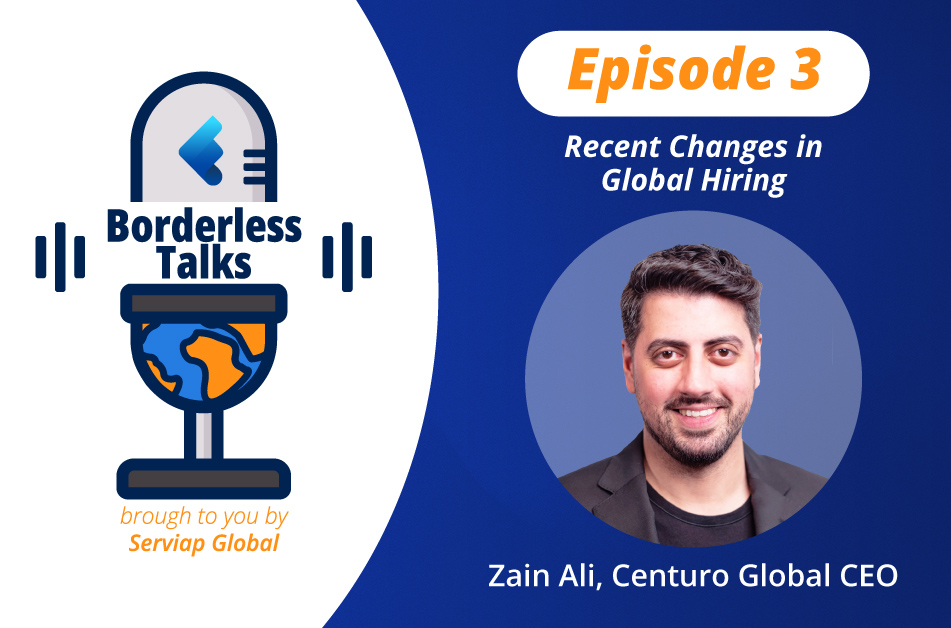Table of Contents
Mexican working hours could be cut by 20%, after a Senate commission approved a potential modification to the constitution that would change the country’s statutory working week.
If passed into law, Mexican working hours would be limited to eight hours per day and five days per week, for a working week that totals 40 hours. The amendment was agreed by the Mexican Senate’s Constitutional Points Commission, which agrees on acceptable modifications to the constitution.
Currently, Mexican working hours stand at 48 per week, spread across 6 days, which puts the North American country broadly in line with much of the rest of Latin America.
In the OECD, however, Mexico tops the chart in terms of standard working hours, which average at around 43 hours per week in practice. If passed into law, the new limit will be applid to all formally employed people, although it is already common for many professionals to undertake a 40-hour week.
The initiative was proposed last year by Senator Ricardo Velázquez of the ruling Morena party and was originally even more ambitious, aiming for six Mexican working hours per day and a four day week in addition to increasing vacation allowance to 15 days. With a smaller increase in vacations having come into force at the start of the year, this second part of labour reform is now following.
The law has been ruled potentially constitutional, but now needs to be approved by the Board of Directors of the Chamber of Deputies (the lower house of Mexico). Once it is fully confirmed as constitutionally possible, the measure on Mexican working hours will be voted on as normal, with modifications, amendments and adjustments being suggested as usual.
Regional developments compared to Mexican working hours
Working hours in Chile, Ecuador and Colombia have recently become subject to change, with Argentina, Peru and Costa Rica also considering proposals. Mexican working hours are in line with the region, which has the world’s hardest workers, with 48 hour work weeks normal across much of Latin America. From this year, both the Chilean and Colombian maximum regular working weeks will start falling.
Mexico’s neighbors to the north vary wildly, with significant differences between Canada and the United States. US workers undertake around 47 hours weekly on average, with few breaks or holidays. Canada, meanwhile, work closer to 40 hours — which is the OECD average.
Mexico’s proposed changes would bring it nearer to EU standards. France has brought their working hours down to 35 weekly and the UK last year carried out a wide-ranging trial of a four-day working week. The response to that project was overwhelmingly positive, with almost all the firms pledging to continue with the reduced week. Many other countries are conducting similar trials.
Latin America’s second-largest economy has recently made other changes to working standards, including a move to increase vacation days in Mexico. This saw a rise towards other countries in the region from six to 12. There has also been a move towards an older adult quota to ensure that everyone is involved in the economy.
What a change in Mexican working hours means
While this is potentially big news for the economy, the Mexican working hours change has a way to go before being passed into law. It has a good chance of passing, as the vacation day amendment was, but must pass through both houses of Congress.
Highly-skilled jobs are unlikely to be affected too much by the move – this is something that is aimed more at lower-paid workers. For most white-collar professionals, Mexican working hours are already 9-6 with an hour for lunch and working on Saturdays is relatively unusual. One area likely to be affected that is commonly outsourced are call centers. These operations often have six-day work weeks.
There are likely to be clauses in the law to allow people to work overtime. However, it will be more tightly controlled than previously and will force companies to pay for hours over the 40 hour hard limit. It’s less likely that there will be an opt-out clause similar to the UK law allowing exemptions to the Working Time Directive of the EU.
Some companies, especially larger operators, will have to hire extra workers to ensure the same number of working hours. Others will pay higher overtime rates, so in both cases you should expect to see payroll costs rise for companies. Then of course, there will be some that cannot afford this, so poorly-run businesses may collapse if they can’t pay fair rates.
This will make Mexican working hours more expensive than previously, of course. However, with other Latin American countries moving in the same direction, cost competitiveness within the region is unlikely to be affected. For many companies in developed economies looking at overseas expansion, Mexican workers are still likely to be cheaper than local hires.
With the change having little effect on the schedules of many professionals, who already work a 40-hour week, the move will do little to diminish the attractiveness of the country looking to hire internationally through an employer of record in Mexico or as independent international contractors.
It is also unclear how rapidly the change would come into force for those workers who are affected. The reduction of working hours in Chile will have a staggered introduction, whereby the standard work week will be reduced over five years until hitting 40 hours weekly. In Colombia, the process will be similar, starting in July this year.
The link between working hours and actual productivity is at best tenuous and this is one of the reasons the bill is likely to pass. Research has consistently shown that official working hours have little to do with the output of a business. Germany, for example, has among the fewest hours in the OECD yet tops the chart for productivity.
For many businesses staffed by professionals, any change to Mexican working hours will essentially codify existing norms and protect workers — two solid democratic principles that in many ways actually make the country a more attractive proposition for investment.
Serviap Global can help you hire top talent in Mexico
At Serviap Global, we provide global hiring solutions, including offering international PEO / EOR services and contractor recruitment, meaning we can hire professionals on your behalf and take care of their payroll and administration.
That allows you to have team members in Mexico in only the time it takes to find them, without needing a local entity or having to worry about compliance with local regulations.
We also have an established recruitment network in the country, and offer support with finding the talent to fill the roles you need. In the event you just want support finding professionals to hire directly, we are able to support you with our global talent acquisition services.
Our global hiring services are available in over 100 countries worldwide. Contact us today to find out more.
If you were interested in this article on the possible reduction of Mexican working hours, read more of our coverage.






























